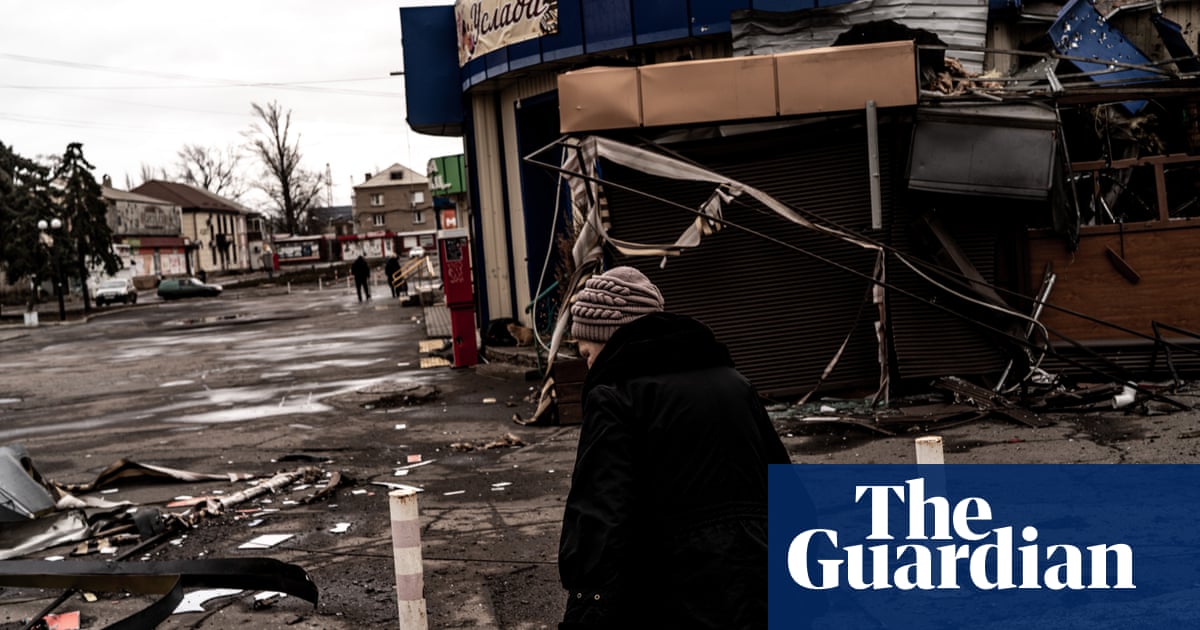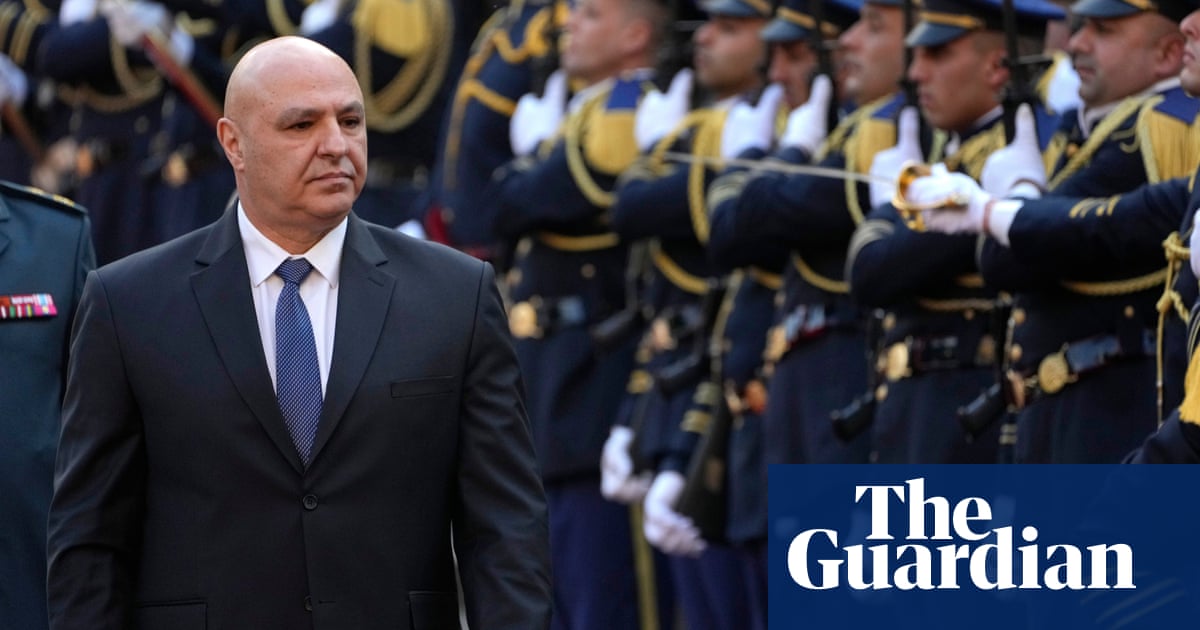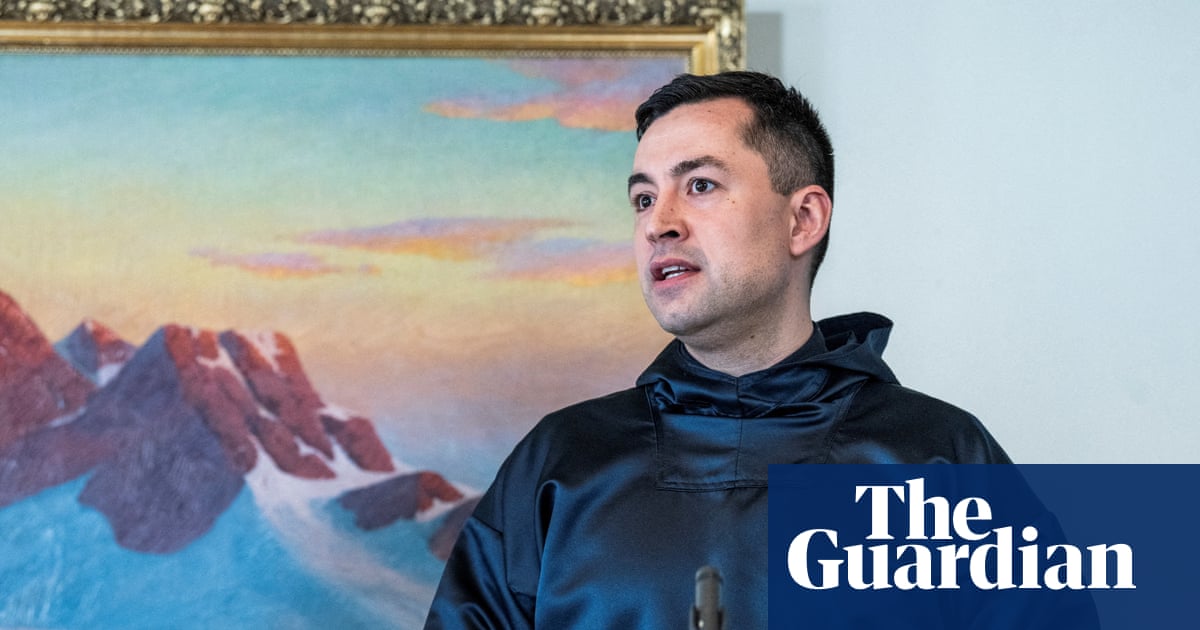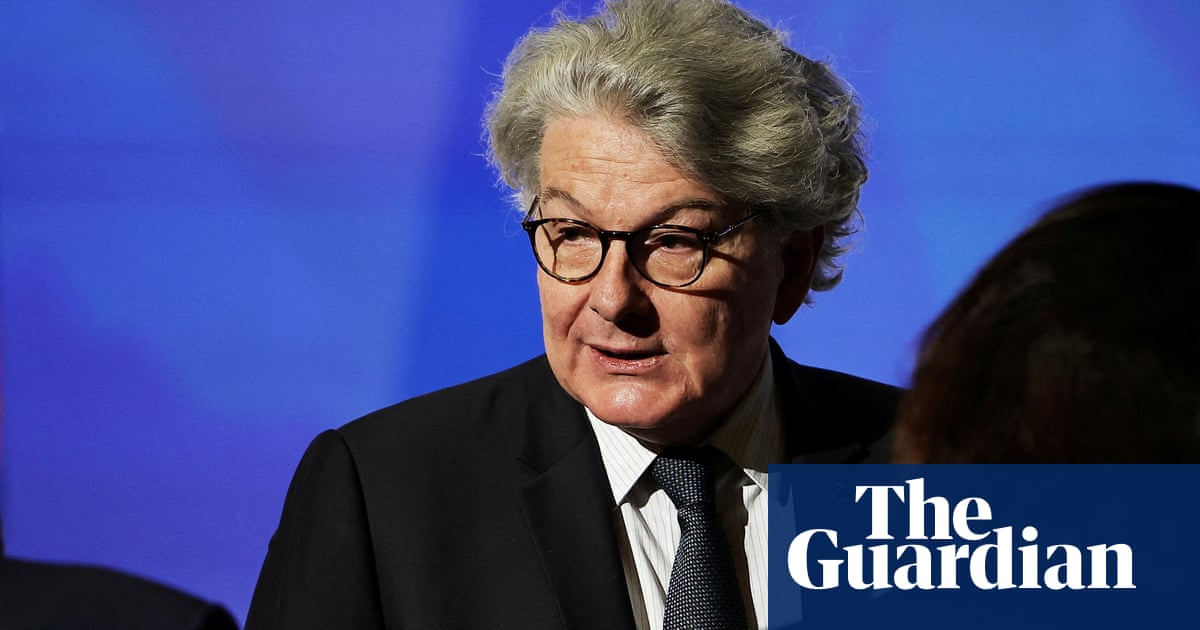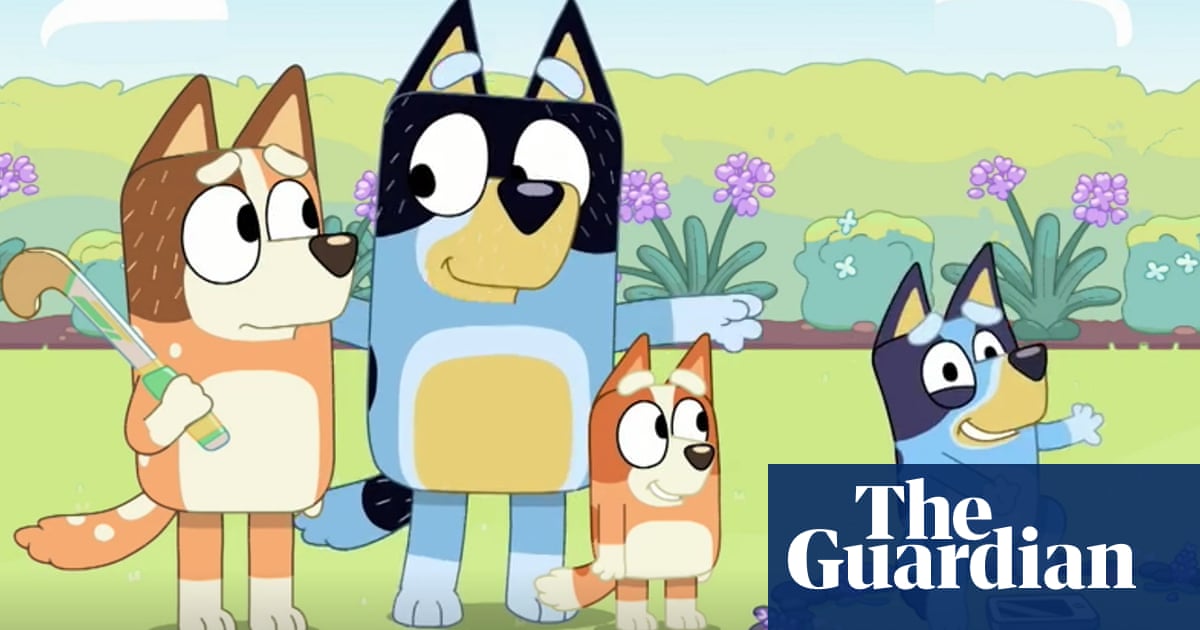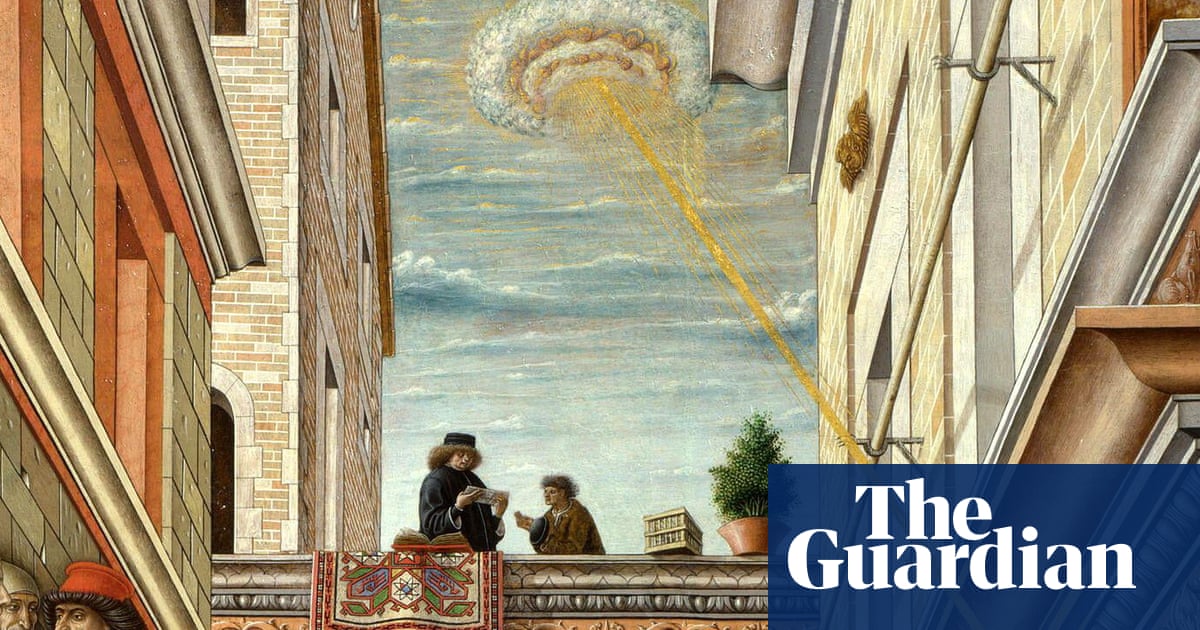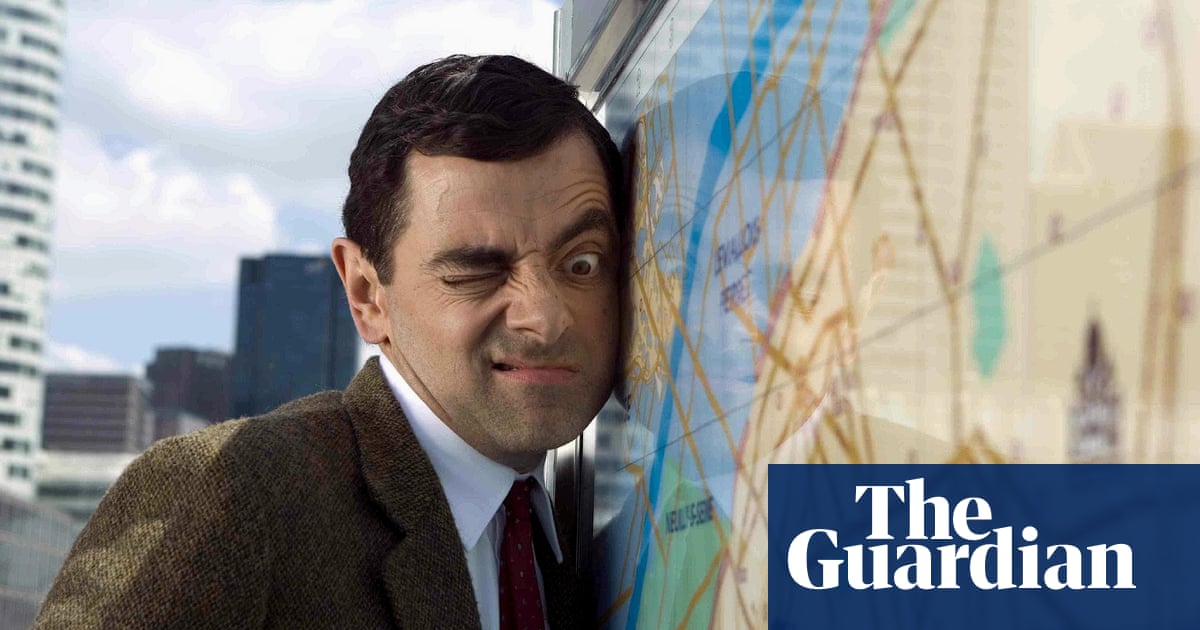Mid-Wales Opera has been sweating blood and tears in recent months, striving to save its company from the kiss of arts council death. Staging Leoncavallo’s Pagaliacci for their SmallStages tour is in itself a miracle of resistance and resilience – thanks in part to 11th-hour financial lifelines and public donations – and the opera’s story of a group of travelling players, the clowns of the title, and the emotional turmoil behind the greasepaint, feels singularly appropriate.
The staging may be scaled to the bare minimum – a central dais has a metal frame decorated with lantern-lights – yet its concept is loving homage to the commedia dell’arte tradition and its stock characters of Pierrot, Colombine and Harlequin. Director Richard Studer’s costume design has a monochromatic clarity for the actors and then, for the play within a play, he is true to the essential period look with its ruffs, frills and pompoms. Equally striking in its simplicity is the makeup: each white face is given a single black harlequin diamond on one eye, a mix of playful and sinister, symbolic of the precarious balance between laughter and tragedy that is the clowns’ existence.
As Tonio makes clear in his prologue, this is not play-acting, it’s real life, and the crux of the tale, told in Studer’s own translation, is the sexual jealousy leading to the crime passionel. It carries a painfully raw edge, requiring leading lady Nedda to be a bona fide femme fatale, desired by her husband Canio, by Tonio and by her lover Silvio. Elin Pritchard stands out here, the vocal colours of her fine soprano beautifully managed, with acting that’s both sassy and vulnerable, her terror at being found out audible.

The full verismo experience might seem improbable when Leoncavallo’s score is reduced to chamber forces, but Jonathan Lyness’s arrangement for quintet – violin, cello, clarinet and harp with Lyness himself conducting from the keyboard – is clever, and the pacing of the drama tightly controlled. Robin Lyn Evans’s impassioned Canio is full and hot-blooded, Philip Smith’s Tonio properly menacing, and Johnny Herford’s Silvio sensitive and expressive, with Sam Marston’s Beppe completing the quartet of men, their interaction leading up to the murders sharply delineated.
In the past, the SmallStages set-up of a second-half musical pot pourri has never felt quite adequate, but here an artfully conceived vaudeville cabaret sequence with the singers still in clown mode made for a slick and stylishly accomplished finale.
Herford’s rendering of Pierrot’s Tanzlied from Korngold’s Die Tote Stadt, Evans in Leoncavallo’s Mattinata and Pritchard’s Send in the Clowns all resonated with what had gone before, with some Razzle Dazzle from Chicago to round off the evening. It was further proof – were it needed – that less can be more, and that MWO with its strong identity and values, should be helped to live on.

.png) 2 months ago
23
2 months ago
23



